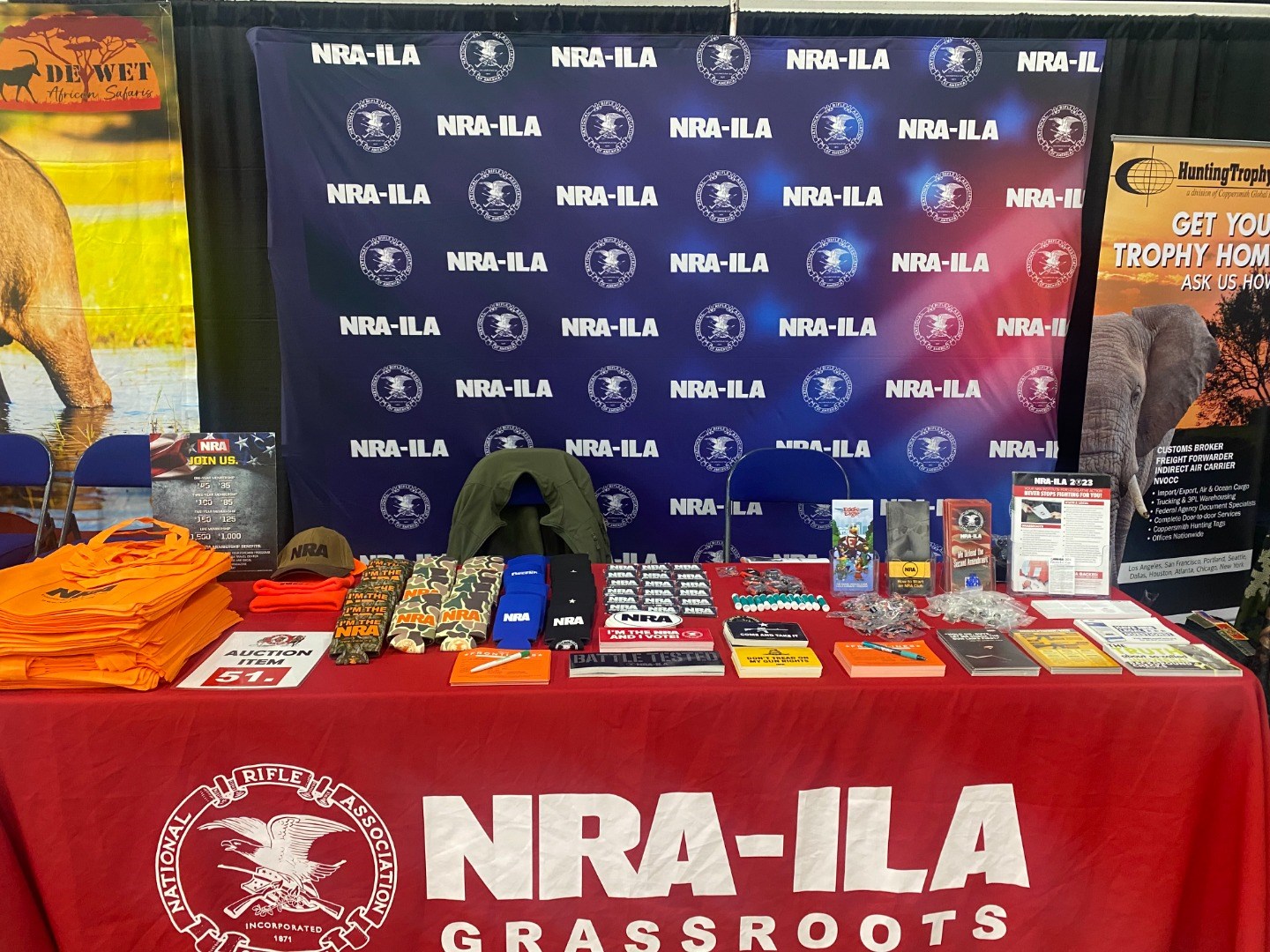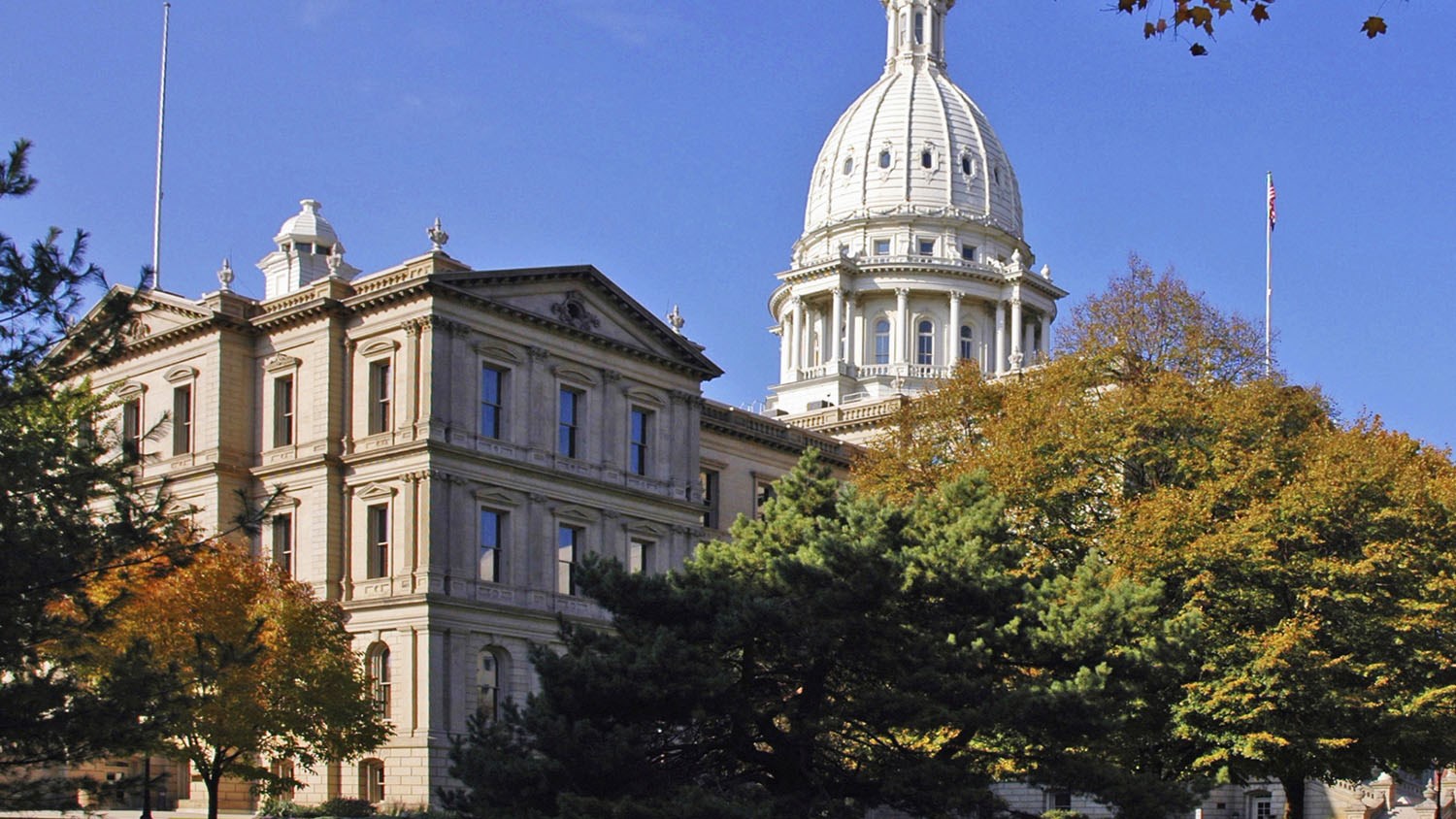
STATE CONSTITUTIONAL PROVISION - Article 1, Section 6.
“Every person has a right to keep and bear arms for the defense of himself and the state.”
* A permit to purchase is required to buy a handgun from a private individual. A license to purchase is not required if purchasing a handgun from a Federal Firearms Dealer.
The list and map below are included as a tool to assist you in validating your information. We have made every effort to report the information correctly, however reciprocity and recognition agreements are subject to frequent change. The information is not intended as legal advice or a restatement of law and does not include: restrictions that may be placed on non-resident permits, individuals under the age of 21, qualifying permit classes, and/or any other factor which may limit reciprocity and/or recognition. For any particular situation, a licensed local attorney must be consulted for an accurate interpretation. YOU MUST ABIDE WITH ALL LAWS: STATE, FEDERAL AND LOCAL.
| STATE STATUS | |
|---|---|
| Castle Doctrine | Enacted |
| No-Net Loss | No Legislation |
| Right to Carry Confidentiality | Provisions Enacted |
| Right to Carry in Restaurants | Partial Ban |
| Right To Carry Laws | Shall Issue |
| Right To Carry Reciprocity and Recognition | Outright Recognition |
| Right to Keep & Bear Arms State Constitutional Provisions | With Provisions |
Handguns kept solely for the purpose of display, as relics, curios, or antiques not made for modern ammunition or permanently deactivated are exempt from the registration and sale provisions.
An antique firearm is defined as:
It is unlawful to carry a handgun concealed on or about one’s person or concealed or openly in a vehicle without a license to carry a concealed pistol.
Michigan only honors Resident Permits from states they honor. Michigan Laws 28.422(9) and MSP website.
A Michigan license is not required:
In order to transport or possess rifles and shotguns in a motor vehicle, Michigan law requires that they be unloaded and be one or more of the following: broken down, enclosed in a case, carried in the trunk of the vehicle, or inaccessible from the interior of the vehicle.
An application for a license to carry a concealed pistol must be made under oath, in the presence of the clerk of the county of the applicant’s residence. The applicant must submit a passport quality photograph. In addition, the applicant must have two sets of fingerprints made by the county sheriff, and submit these with the application. The sheriff may charge up to fifteen ($15.00) dollars for the fingerprints. The application fee is one hundred five ($105.00) dollars. If the applicant is not a prohibited person, the county concealed weapon licensing board shall issue the license within forty-five (45) days after the receipt of the fingerprint analysis. The license is valid until the applicant’s date of birth that falls not less than 4 years or more than 5 years after the license is issued or renewed.
A person who is not a Michigan resident, but who is licensed in the state of his residence, may carry in Michigan under the same conditions as one licensed in Michigan. A licensed person may not carry while under the influence of alcohol. It is important to understand that this means, for all practical purposes, any detectable alcohol at all. That is, it applies a standard far stricter than that for driving under the influence. A person who has consumed any alcoholic beverage, however small the amount, should not carry.
It is unlawful to carry a concealed pistol in a place of worship, court, school, the classroom or dormitory room of a college or university, hospital, sports arena, casino, an entertainment facility which seats more than 2,500 people, a dining room or bar which is licensed to serve alcohol, or day care center. A parent or guardian is not precluded from carrying in a vehicle if dropping off or picking up a student at school. It is lawful to carry concealed in a place of worship with the permission of the presiding officials of that place of worship.
State law includes a long list of disqualifying factors that will exclude a person from obtaining the concealed pistol license. A complete list and all details for applying can be found at the Michigan State Police website: http://www.michigan.gov/msp/
MiscellaneousMichigan provides a two-year mandatory prison term for any felony committed by a person carrying or possessing a firearm. This sentence is in addition to the sentence imposed for committing the felony and must be served consecutively. The person subject to this provision “shall not be eligible for parole or probation during the mandatory term.”
It is unlawful to willfully alter, remove, or obliterate the serial number, maker’s name, or “other mark of identity” on any firearm.
It is unlawful to intentionally point, even without malice, any firearm at another person.
It is unlawful to set any spring gun or other device operating by the firing of gunpowder or any other explosive.
It is unlawful to possess or use any firearm while under the influence of liquor or any exhilarating or stupefying drug.
It is unlawful to recklessly or heedlessly or willfully or wantonly use, carry, handle or discharge any firearm without due caution and circumspection for the rights, safety or property of others.
Pellet guns are considered firearms in Michigan and thus are regulated by the above provisions. A pellet handgun must be registered and requires a license to purchase. In addition, a license to carry must be obtained to carry concealed or in a vehicle; if it has no serial number, the gun must be taken to the State Police who will stamp a number on the weapon. No person under 18 years of age may possess or use a BB gun beyond the yard of his home unless accompanied by a person over 18.
Units of local government are prohibited from imposing certain restrictions on firearms and ammunition.
Theft of a firearm must be reported to police within 5 days after discovery.
National Firearms ActUnless you are in complete compliance with Federal and State Law, it is unlawful to sell, offer for sale, possess or manufacture any machine gun “which shoots or is designed to shoot automatically more than one shot without manual reloading by a single function of the trigger.” Similarly, a "short-barreled rifle" or "short-barreled shotgun" are unlawful to make, sell or possess, unless all provisions of Federal Law and state law have been complied with.
Exceptions are for manufacturers with government contracts and any person duly licensed to manufacture, sell, or possess any machine gun by federal law.
PossessionNo state permit is required to possess a rifle or shotgun.
It is unlawful to possess a firearm in a financial institution, church, court, school, hospital, theater, sports arena, restaurant with a liquor or alcohol license or day care center.
PreemptionAll regulation of firearms and ammunition is reserved to the state legislature. No local unit of government may regulate firearms or ammunition unless it is expressly declared in state law.
MICH. COMP. LAWS ANN. § 123.1102. Local government firearm regulation prohibited.
Sec. 2. A local unit of government shall not impose special taxation on, enact or enforce any ordinance or regulation pertaining to, or regulate in any other manner the ownership, registration, purchase, sale, transfer, transportation, or possession of pistols or other firearms, ammunition for pistols or other firearms, or components of pistols or other firearms, except as otherwise provided by federal law or a law of this state.
No permit is required for the purchase of a rifle or shotgun.
No rifle, shotgun or handgun may be sold to a minor under 18 years of age, a convicted felon, or a person under indictment.
To purchase a handgun from a private individual, the buyer must obtain a license to purchase from the chief of police if the buyer lives in a city or the county sheriff if he lives in an area without an organized police department. The buyer must be 18 years of age, a U.S. citizen, a resident of Michigan, have no felony conviction, have never been adjudged insane (unless later restored by court order). If a individual purchases a pistol from a Federal Firearms Dealer, a License to Purchase is not required. However, a pistol sales record must be completed and the seller's FFL number must be recorded on that form.
The license to purchase must be filled out in triplicate at the time of purchase. The license shall include a description of the handgun sold and the signatures of both the buyer and seller. The seller may retain one copy and the buyer retains a copy, and the last copy is reserved for the Michigan State Police. After purchase and delivery of the handgun is completed, the buyer must return the license to purchase along with the purchased handgun, unloaded and encased or trigger locked, to the local licensing (law enforcement) authority within 30 days.
One copy of the license will be held by the local authority for six years and the remaining copy shall be forwarded to the Commissioner of State Police. The license, once issued, becomes void if not used within 30 days. A valid Michigan CCW holder is exempt from license to purchase requirement and NICS check.
Range ProtectionA municipal government may not limit the noise of a range that occurs on a regular basis. An expansion of a range may be subject to noise regulation.
§ 3011. Regulation of sport shooting ranges
1. Definition. As used in this section, “sport shooting range” means an area designed and used for archery, skeet and trap shooting or other similar shooting sports and the shooting of rifles, shotguns and pistols.
2. Limitation. A municipal noise control ordinance may not require or be applied so as to require a sport shooting range to limit or eliminate shooting activities that have occurred on a regular basis at the range prior to the enactment date of the ordinance.
3. Expansion of activity. Nothing in this section limits the ability of a municipality to regulate noise produced by the expansion of activity at a sport shooting range
1. A person who is eighteen or older, but under 21, may purchase a handgun, but not from a federally licensed dealer who is prohibited from selling a handgun to anyone younger than 21.
2. The term “lawful purpose” is defined to include the following:

Tuesday, June 11, 2024
Governor Gretchen Whitmer announced her recommendations for the upcoming budget, which included the use of taxpayer funds for .

Monday, May 20, 2024
The threat of expanding "gun free zones" in Michigan continues to grow, as the Senate introduced similar legislation .

Tuesday, March 19, 2024
It's been a busy start to the year in the Wolverine State, as the Michigan NRA-ILA Grassroots Team has been out .
 Legislation Passed in the Senate" width="" />
Legislation Passed in the Senate" width="" />
Thursday, February 29, 2024
House Bill 4127 and House Bill 4128, legislation that would restrict law-abiding gun owners in and around polling places, .

Wednesday, February 21, 2024
Today, February 21st, two anti-gun bills passed out of the Senate Elections and Ethics Committee. House Bill 4127 .

Tuesday, February 20, 2024
On Wednesday, February 21st, the Senate Elections and Ethics Committee will hear House Bill 4127 and House Bill .

Sunday, February 11, 2024
On Wednesday, February 7th, the Michigan Senate Elections & Ethics Committee took testimony on House Bill 4127 and HB 4128. These .

Tuesday, November 14, 2023
Today, the Legislature adjourned sine die for the year. Any legislation that has not advanced through both chambers, or which .

Tuesday, October 17, 2023
Today, the House Criminal Justice Committee voted along party lines to advance anti-gun bills, following a short, perfunctory .

Monday, October 16, 2023
Tomorrow, at 9AM, the House Criminal Justice Committee will hear anti-gun bills previously received from the Senate.